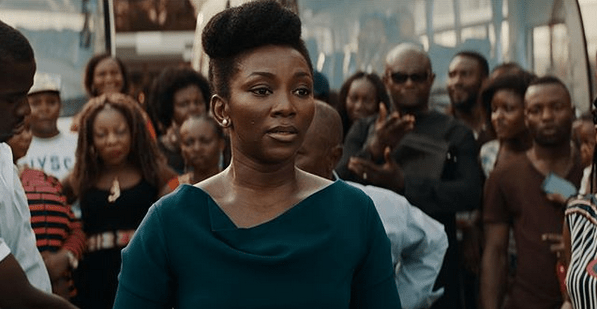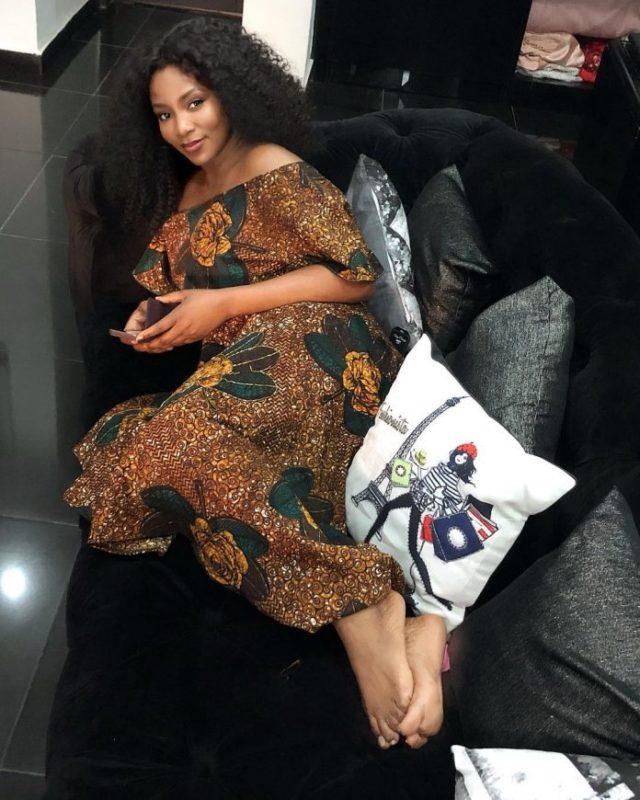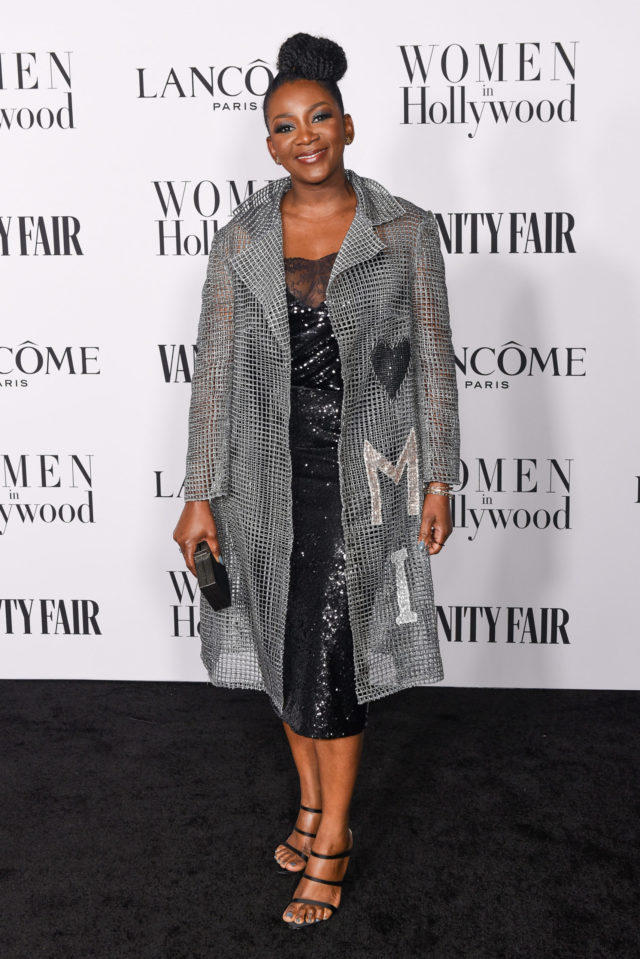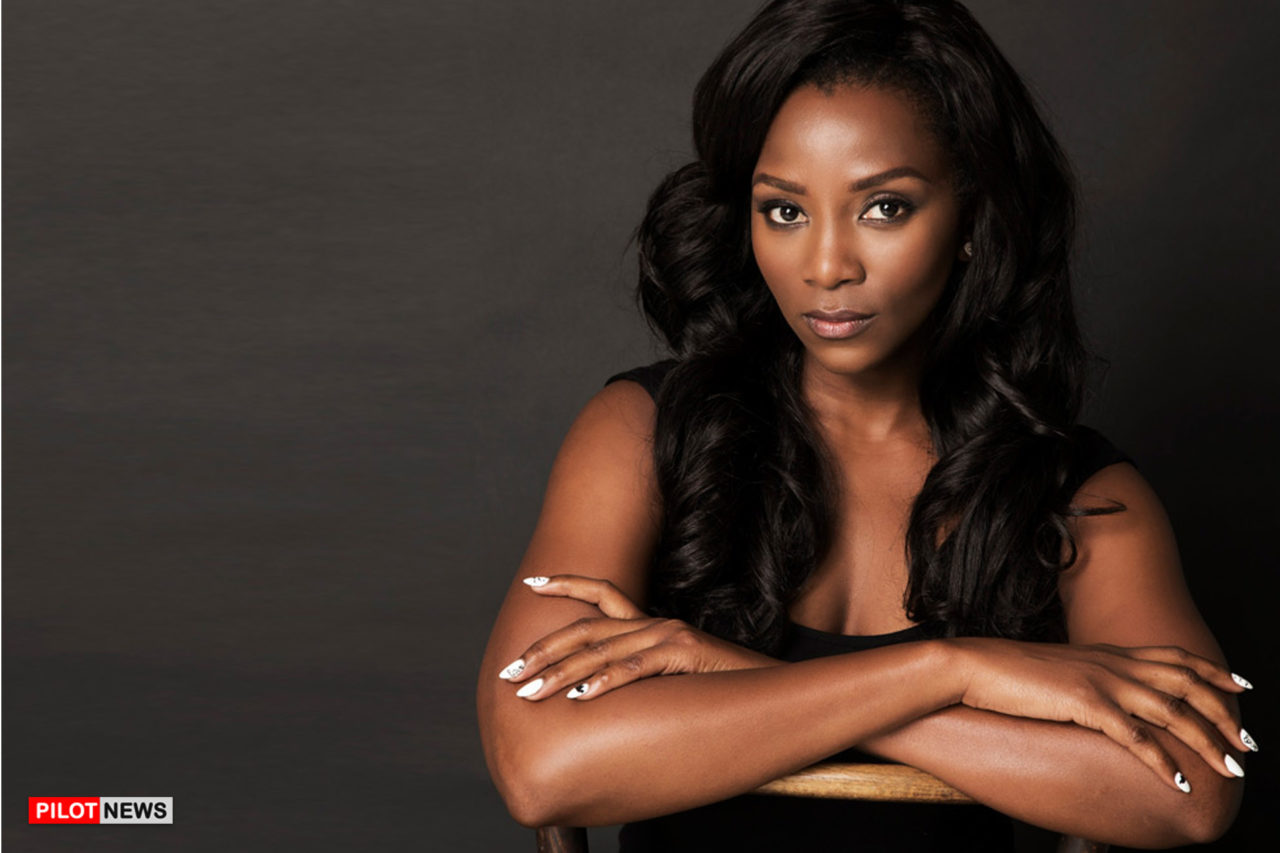Genevieve Nnaji, has managed to remain a force to reckon with in Nigeria’s film industry – also called Nollywood, in spite of the industry’s low budget-high volume approach to movie making which has birthed many actors in the last twenty years.
Born to a middle-class family that wanted her to become a lawyer, Nnaji began her career in acting by featuring in Ripples – a popular soap opera – at the age of 8. At 41-years-old, she has had many feats in over 20-years of professional acting.
In 2004, Nnaji and seven other A-list Nollywood actors were blacklisted for one year by the Actors’ Guild of Nigeria for excessively billing film producers. She told the Africa Report in 2018 that “when a group says you are done for and pretty much pulls the rug from under your feet… it was at that point I knew I could survive without the industry for a bit.”

Disappearing from movie screens, she ventured into music, real estate, clothing line and product endorsement– reportedly earning N20 million as the face of Lux. In 2009, Oprah Winfrey labelled her ‘the Julia Robert of Africa’.
It appears Nnaji returned to Nollywood screens with a principle – being selective of the kind of scripts she accepts – and an ambition – to make movies that creatively tell stories. She believes movie plots should resonate with Nigerians and Africans. “And for me, it gets to a point when it’s no longer about the money. It’s about craft. I would not be part of a production I don’t believe in my heart,” She told the Africa Report in 2018.
One of the movies she featured which drew both criticism and admiration was the 2013 movie adaptation of Chimamanda Ngozi Adichie’s novel Half of a Yellow Sun, directed by Biyi Bandele. Although she played a small role, Nnaji’s fans, at the time, believed she was perfect for the lead role because she is of the Igbo ethnic group. She, however, said accepting the role in “Half of a Yellow Sun” was personal and that she did not believe in small roles.

In the future, Nnaji plans to do more behind the scene. “Road to Yesterday,” a movie she produced and starred, got good reviews for its cinematography and storyline when it was released in 2015. “Lionheart,” a movie released in 2018, was Nnaji’s directorial debut. It was acquired by Netflix, becoming the first original movie from Nigeria to be purchased by the streaming giant.
In addition to making huge revenue, “Lionheart” became the first Nigerian movie to take a shot at the Best International Feature Film category of the Oscar. It was later disqualified by the Academy of Motion Picture Arts and Sciences for having ‘too much English-dialogue’. The 95-minute movie has 11-minute section in the Igbo language. Nnaji stated that the movie represented the way Nigerians communicate.

Although the movie missed its shot at the Oscar, for many Nigerians, the attempt would make the world respect Nollywood and show them that great things could come from Africa.
For Nnaji, the success of “Lionheart,” would encourage her to make better movies. As film lovers await the birth of another blockbuster movie from the actress whose beauty and professionalism remain ageless and who is fast becoming an expert in other areas of movie-making, one thing is certain, Nnaji knows her craft and Nollywood would benefit from her quest to tell authentic African stories.
- PHOTOS: After 48 Days in Hospital, Boy Labelled Witch and Abandoned is Discharged - August 8, 2021
- Travellers Complain Over Fly Infested Aminu Kano Airport - August 6, 2021
- Ondo 2020: Mimiko Criticises Akeredolu’s Performance - September 28, 2020


